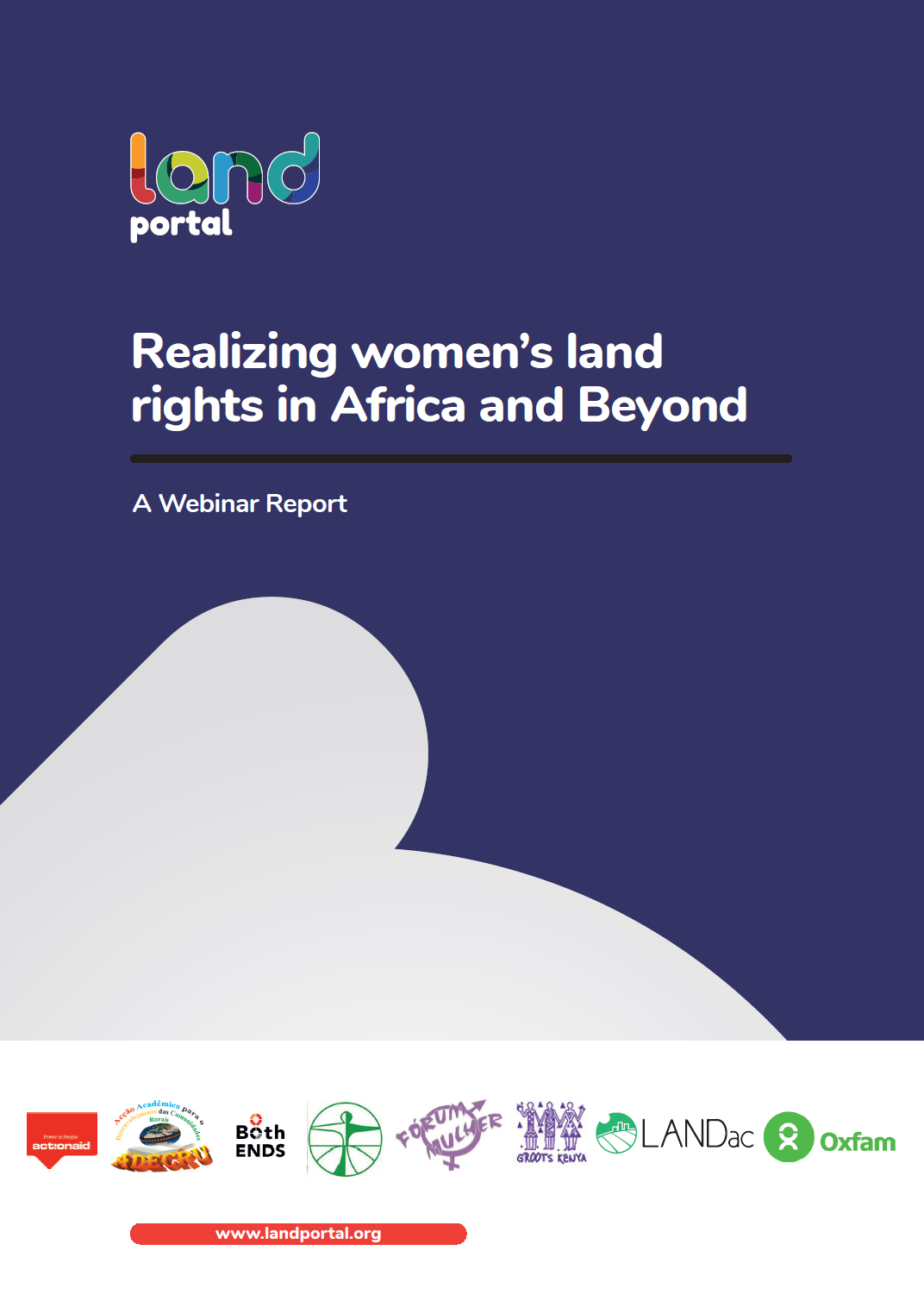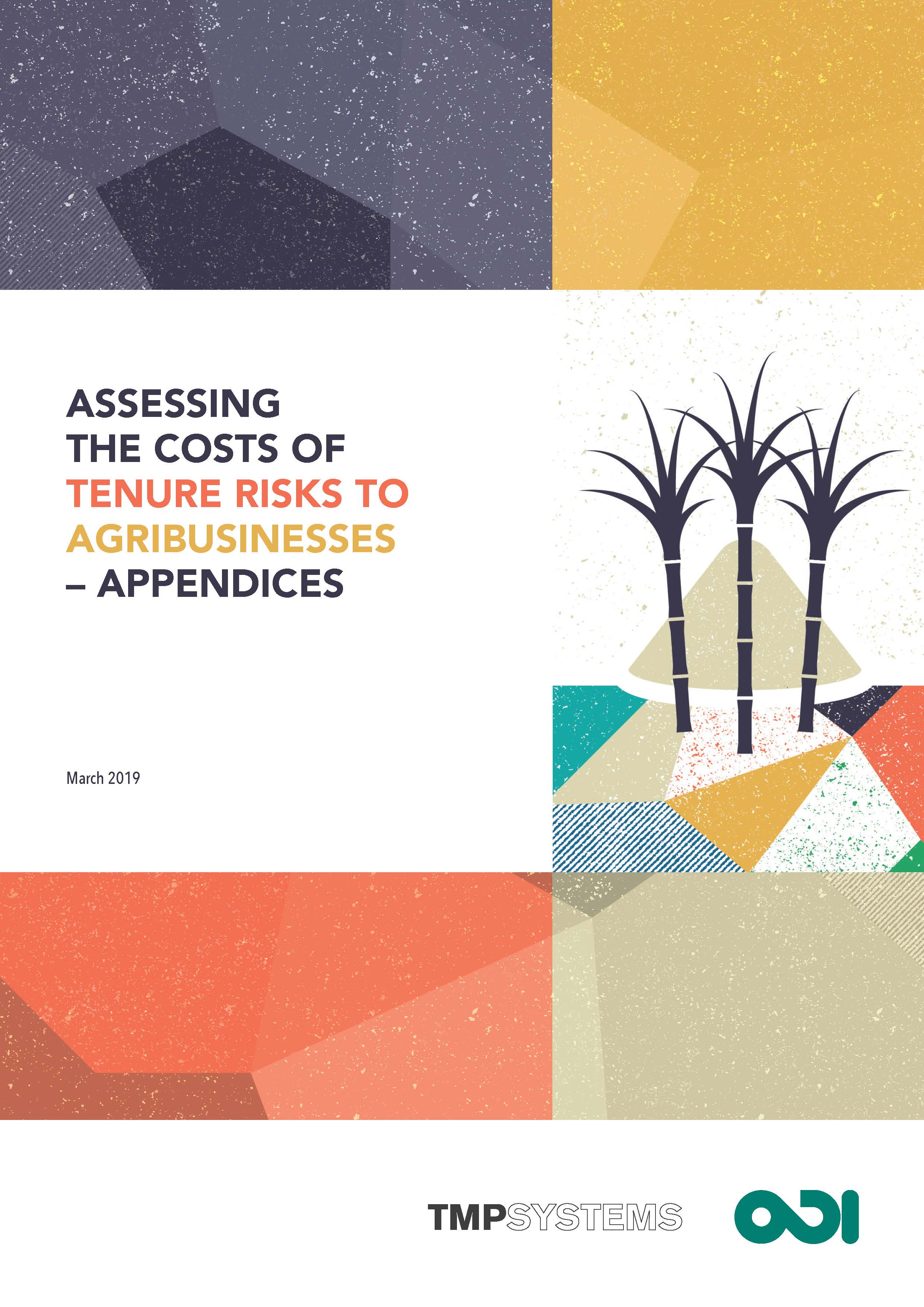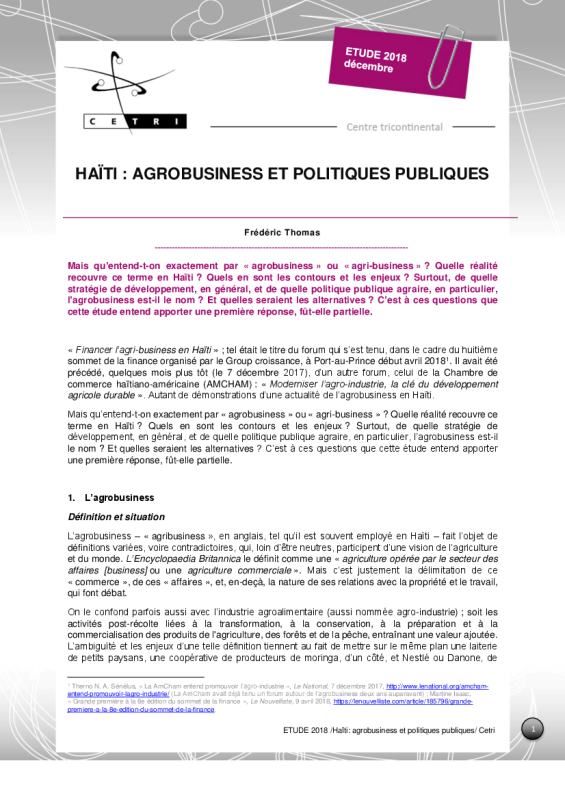VGGT: Manual on Land Monitoring. How to establish an effective land monitoring initiative
Guide to determine if monitoring is actually a viable activity that can be undertaken by their organisation. Choosing to undertake monitoring is dependent on considerations such as evaluating the sufficiency of resources, capacity to design a sound monitoring system, and availability of political windows to effect change, amongst others.









